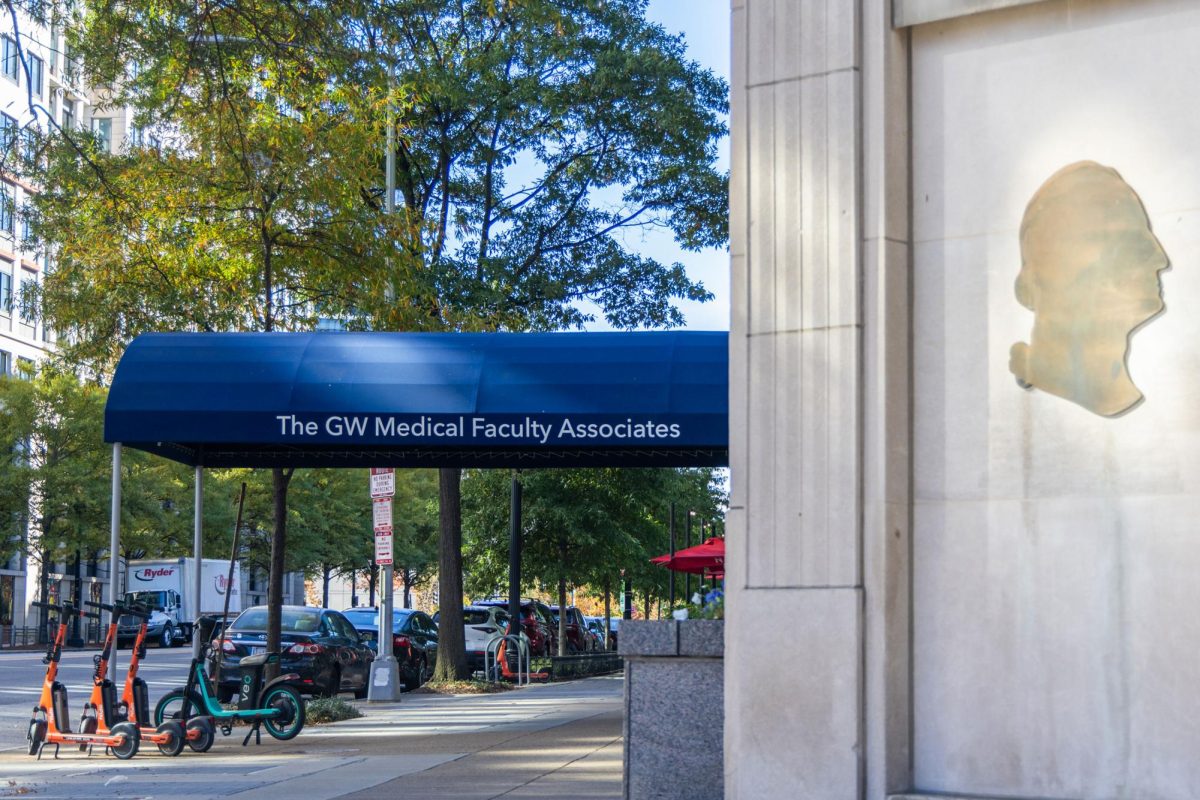The Faculty Senate overwhelmingly passed a resolution Friday calling on officials to increase financial support for the Office for Diversity, Equity and Community Engagement and affirm the University’s commitment to dismantling systemic racism.
The resolution, which senators voted to refer to committee during last month’s meeting, also calls for officials to evaluate and enhance the existing mandatory diversity training for incoming students and “actively engage” with calls to address police brutality from student organizations like the Black Men’s Initiative and Black Student Union. Senators also received updates on new Title IX regulations, the status of fall planning efforts and COVID-19 testing and contact tracing plans for the fall.
The diversity and inclusion resolution encourages administrators to start conversations to propose “concrete” plans of action to increase diversity, equity and inclusion in tenure and promotion practices by publishing explicit criteria and expectations for faculty to attain.
Shaista Khilji, a faculty senator who presented the resolution on behalf of more than a dozen authors, said she believes the GW community has to ensure that the University becomes a “diverse, inclusive and equitable institution” and stands up against racial injustice.
“As authors of this resolution, we believe that by passing this resolution we send out a strong message or signal of solidarity,” she said. “In addition, we engage with the national debate and make a strong commitment to strengthening the foundation of GW and respect our diverse perspectives represented among our faculty, staff, leadership and students.”
An earlier draft of the resolution included a clause calling on officials to include diversity, equity and inclusion as one of the “central pillars” by which the University’s progress toward the next strategic plan will be assessed, along with undergraduate education, graduate education, research and faculty.
Jason Zara, a faculty senator and a professor of biomedical engineering, successfully moved to amend the clause to have diversity, equity and inclusion as a “central plank” by which the entire strategic plan will be measured and assessed.
“Putting diversity alongside undergrad education as a pillar diminishes the impact of what we’re trying to do here,” he said.
Senators also passed a resolution of appreciation for former Deputy Provost of Academic Affairs Terry Murphy, who stepped down from her position earlier this month and will return after a yearlong sabbatical as a faculty member.
The resolution states that Murphy’s contributions in promoting the benefits of shared governance at the University will serve as an “enduring model” of “exemplary” administration.
Prior to stepping down, Murphy was involved in the planning process to reorganize classrooms to align with social distancing protocols for the fall.
University President Thomas LeBlanc and Provost Brian Blake provided an update on a potential fall reopening, stating that officials are still aiming for a hybrid instruction model, but the facts “have changed substantially” in recent weeks and months. Administrators overseeing GW’s testing strategy said students will be regularly tested for the coronavirus throughout the semester.
“The facts are changing on a daily basis,” LeBlanc said. “What we know today is very different from what we knew one month ago or what we knew two months ago, when we first started to lay out scenarios and plan for a fall reopening.”
Officials also announced changes to GW’s Title IX policies in accordance with new U.S. Department of Education regulations, which include measures like narrowing the definition of sexual harassment and allowing cross-examination during live hearings.











